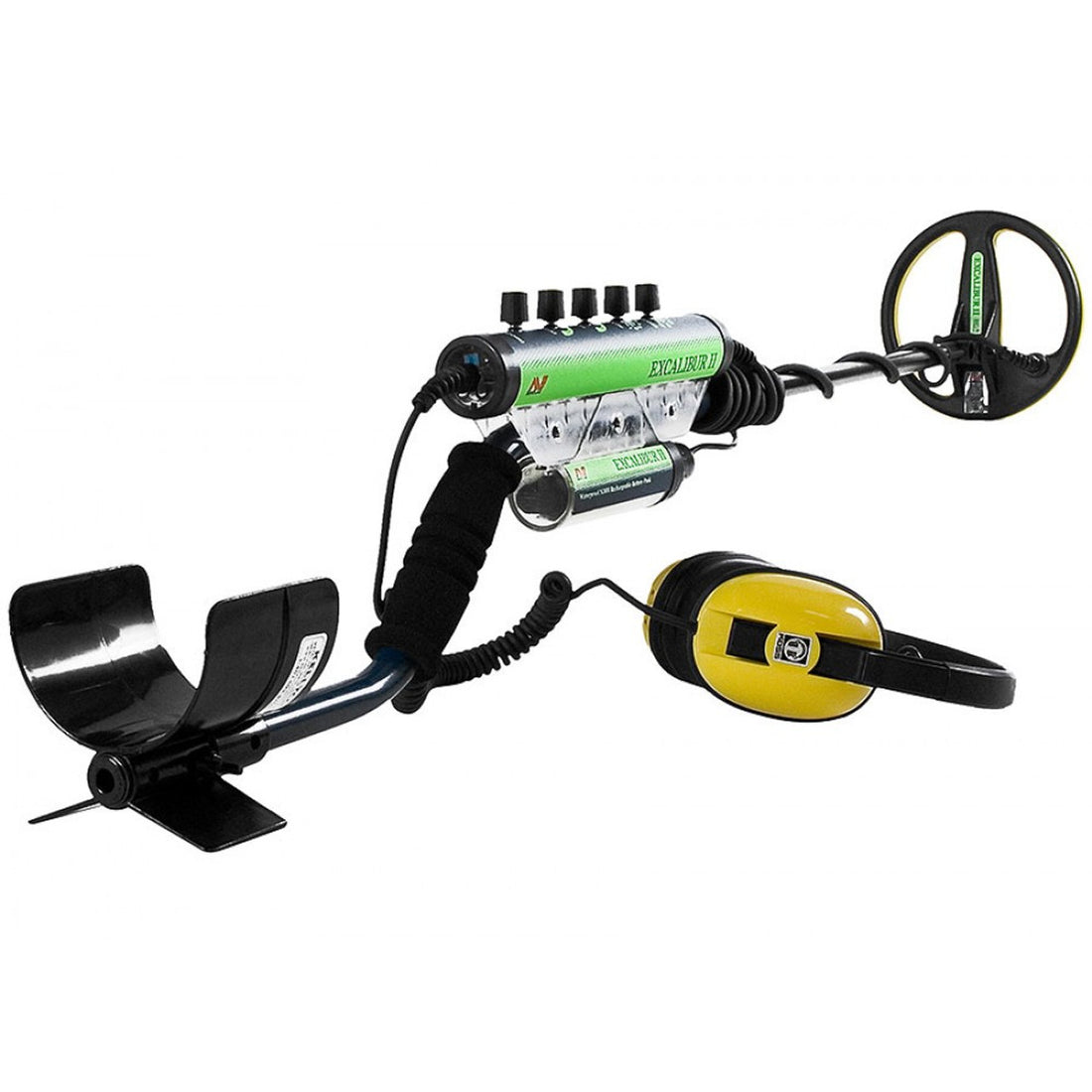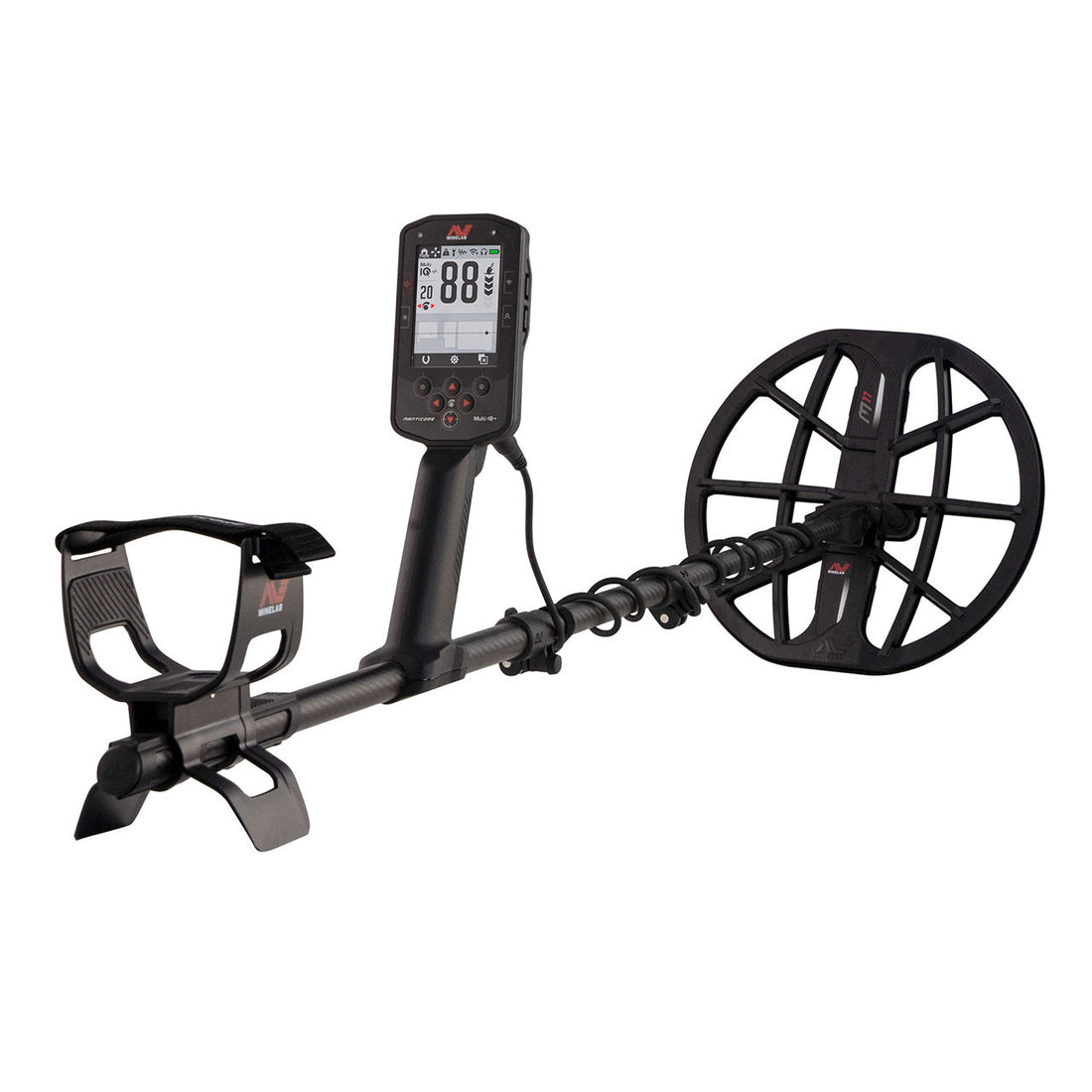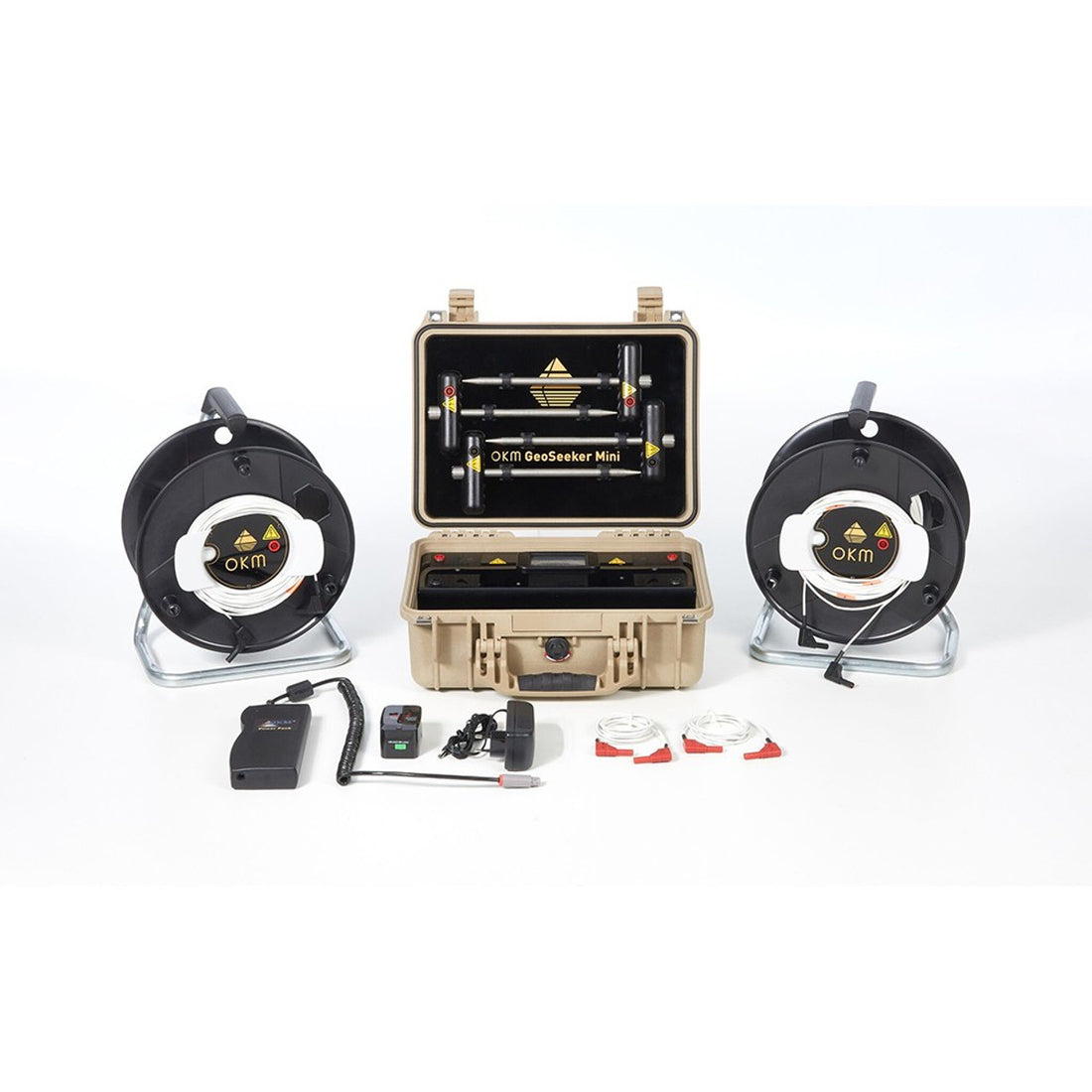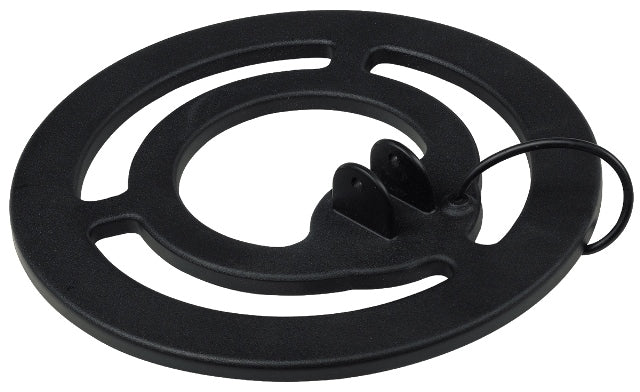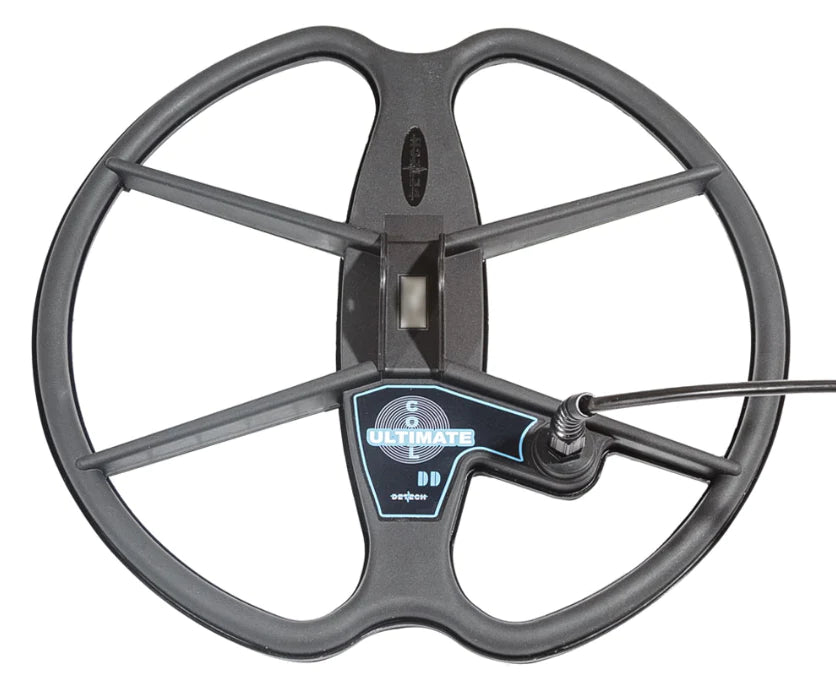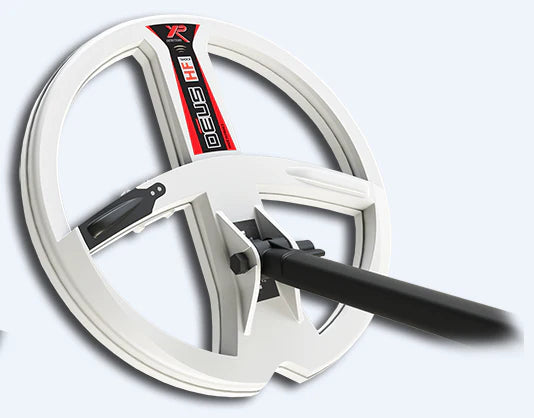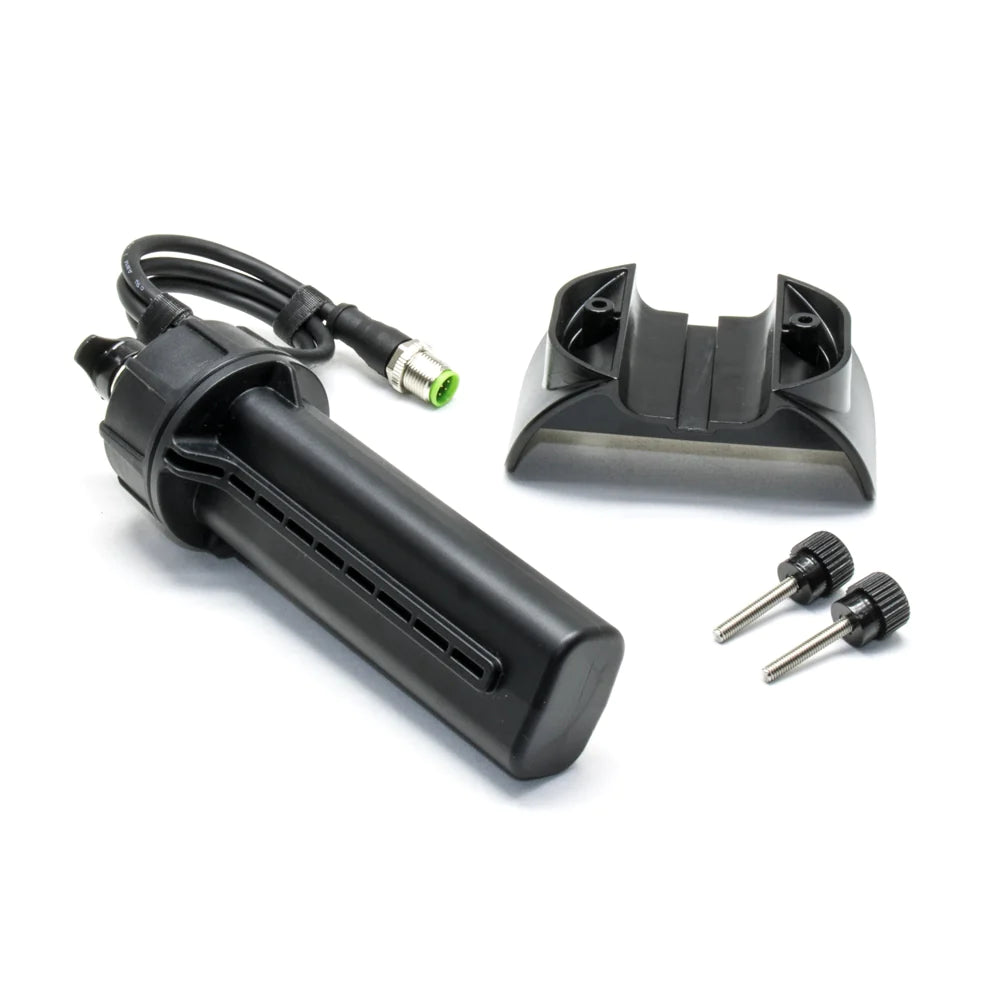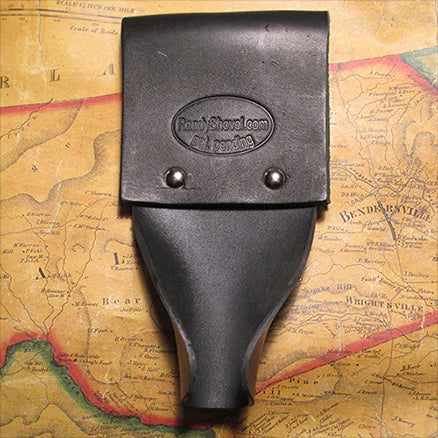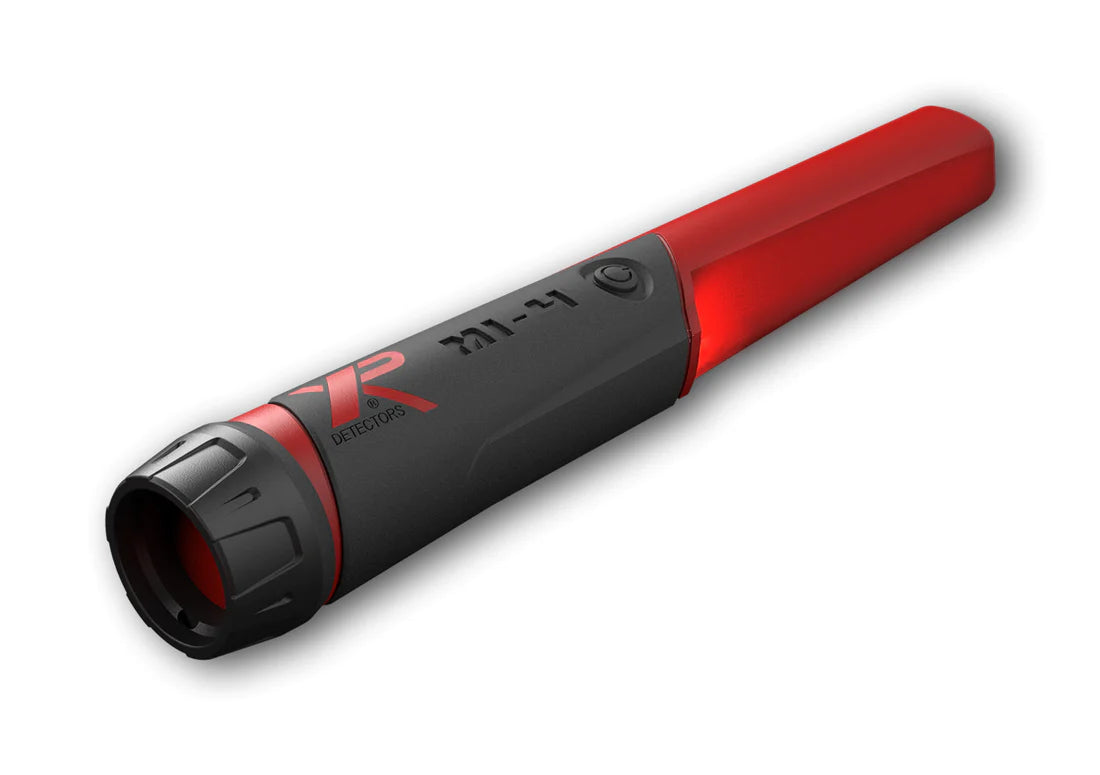How Can I Make My Metal Detector More Powerful
by Michael Bernzweig
Do you love spending time outdoors treasure hunting? If you do, you know how much fun it can be to find buried treasure. However, if you want to make your metal detecting experience even better, you need to ensure that your metal detector is powerful enough. Investing in a good quality metal detector is a great place to begin. To make the most of your equipment, you need to adjust the settings to get the most out of it. We will cover everything you need to know about metal detection in this article so you can make your current detector as powerful as possible.
How Do You Make Your Metal Detector More Powerful?
To make your metal detector more powerful:
- Use headphones with your metal detector
- Use the right search coil
- Increase the frequency of your metal detector's search cycle
- Adjust the ground balance when using on mineralized soil
- Check your detector's battery
- Use the right settings
- Read your detector's manual
- Update your software
Using your metal detector at its peak performance is essential to getting the most out of your hobby. You can make sure that you are doing everything you can to maximize the power of your metal detector by following these tips. Here are some tips to make your metal detector more powerful.
1. Use headphones with your metal detector
Whatever the metal detector's components or frequency, the best metal detecting headphones will produce the best results. With a selector switch or adapter, you can use most metal detector headphones. Stereo sound can be converted by internal electronics. With specialty headphones, metal detector audio can be processed for maximum depth while protecting your hearing. Good headphones reduce outside noise.
Using headphones with your metal detector can help you hear faint signals that you might otherwise miss. When using headphones, be sure to keep the volume at a comfortable level so that you can still hear other sounds around you.
Wearing headphones also allow you to isolate yourself from distractions, which can help you focus on finding treasure. If you are serious about metal detecting, investing in a good pair of headphones is a must.
Some of the best metal detectors, like the Garrett Ace, Bounty Hunter Gold, or Nokta Makro Legend metal detectors, have a headphone jack that allows you to use your preferred headphones. Underwater headphones are meant to be used with Garrett AT Pro, AT Gold, and metal detectors. Underwater, these listening devices are also built for usage on land, so you'll just need one pair of headphones no matter where you go.
2. Use the right search coil
Depending on the type of search coil you choose, you will have various options available. In terms of coil type, there are three main types of coils: single coils, double-D coils, and concentric coils. A mono coil is a good choice for shallow hunting in open areas where there is not much foliage or ground cover. Double-D coils are the most effective when it comes to finding a gold nugget or small metal object in heavily mineralized soils. When it comes to pinpointing, concentric coils are the best option for most ground condition situations that you will encounter.
Search coils are an essential part of your metal detector. They determine the size and shape of the area that is being scanned. There are many different search coils available, so it is crucial to choose the right one for your needs.
A VLF detector, or very low-frequency metal detector, uses two search coils: a transmitter coil that sends an electromagnetic signal to the target object and a receiver coil that receives the response.
In general, larger search coils will provide a maximum depth that is greater depth when searching for bigger targets and, depending on ground conditions, greater ground coverage. Senses against smaller objects may be lost, though. Smaller coils will offer greater sensitivity to smaller items and tighter target separation in soil.
The type of soil you are searching in and the size and shape, and the type of metal the treasure you are looking for will help you decide which search coil is best for you.
3. Increase the frequency of your metal detector's search cycle
Increasing the frequency of your metal detector's search cycle can help you find smaller targets more easily. If your metal detector has a frequency adjustment, be sure to set it for the type of targets you are searching for. Higher frequencies will make it easier to locate precious metal targets with higher conductivity, such as gold found with a gold detector.
The higher the frequency, the faster you can expect your metal detector to complete a search cycle. Consequently, you will spend less time scanning an area for targets and can spend more time actually digging holes.
In many cases, however, increasing the frequency also increases the amount of battery power consumed. So, if you are looking for bigger treasures, you may want to consider lowering the frequency. A PI metal detector or Pulse Induction detector is best for finding small targets like gold nuggets. A pulse induction metal detector generates a pulse that is sent into the ground. Objects underground reflected pulse back to the PI detector, and the time it takes for the pulse to return is used to determine the size and shape of the underground object.
Experiment with different frequencies until you find one that works best for you. When it comes to gold detecting, finding gold nuggets, and other small objects, a higher frequency is often better. A metal detector like the Fisher Gold Bug or Garrett ATX is ideal for gold prospecting.
You can find the perfect frequency for your detector by using the trial-and-error method. Try different frequencies and see how your metal detector responds. Take note of the areas where you get the most hits. It is ideal to use a single frequency model if you are searching for targets at that frequency. Choose a multifrequency model if you want a model that can detect different types of signals. When using an underwater metal detector on saltwater beaches or a gold prospecting detector on rocky deserts, these models are typically the most stable.
4. Adjust ground balance when using a detector on mineralized soil
If you are detecting where soil mineralization is present (soil with a high concentration of minerals), then it is important to adjust the ground balance on your metal detector.
Mineralized soil can cause false signals, which can be very frustrating. By adjusting the ground balance, you can help eliminate these false signals and focus on finding the treasure that you are looking for.
Ground balance, also known as the ground phase, is standard on many metal detectors. Ground mineralization can be detected using metal detectors with coils placed on the ground or moved up and down when pressed. By doing this, the detector can calibrate itself to the mineralization and ignore it. Technological advancements have enabled ground tracking. When the ground balance of a detector is adjusted automatically based on changing conditions, it is called ground tracking.
Most metal detectors have a manual ground balance control. Consult your detector's manual to learn how to properly adjust the ground balance. Ground balancing is an important part of using a metal detector and is something that every serious treasure hunter should know how to do.
This term refers to the fact that the ground around us is magnetic and can be referred to as ground mineralization. The term "magnetic ground" does not mean that the ground has a magnetic field of its own, even though it does refer to the ground being magnetic. Despite this, it does mean that grains or particles in Earth's soil will produce a magnetic response when they come into contact with each other.
5. Make sure your detector's battery is in good condition
It is also important to take your metal detector's battery into account when trying to make it more powerful when you are trying to make it more powerful. Some models on the market come with rechargeable battery systems that will last for years to come. Other models require you to replace the alkaline batteries more frequently than others. You must keep your detector in working order regardless of what power source it is powered by.
A weak battery can cause your detector to work less efficiently, so it is important to maintain it to perform as efficiently as possible. If you find that the performance of your detector is starting to decline due to the battery, then it may be time to replace it.
Metal detectors are not cheap, and the best way to get the most out of your investment is by taking care of your equipment. Consult your detector's manual for instructions on how to check the battery in your detector. Another good idea is to keep a spare battery with you at all times.
6. Use the right settings
Settings like frequency and ground balance can have a big impact on the power of your metal detector. You'll likely find a mixture of buttons, but beware that not all metal detectors are created the same. While the manufacturer presets some items for average ground conditions, others you can adjust. Some various settings on the average metal detector include:
- Modes: A variety of modes are available, such as general, relic hunting, coin hunting, gold prospecting, and pinpointing.
- Sensitivity or Gain: The degree to which the search coil is tuned for depth is called sensitivity. The greater you increase the power, the deeper the detector will go. However, other the ability to discriminate will be lower, and the level is used at a higher rate.
- Pinpointing: When you want to determine exactly where an item is located, a pinpointer is useful. A pinpointer can be handheld or built into the metal detector controls. When this button is pressed, the search coil will focus on locating stuff instead of finding the precise spot of an object.
- Target Volume: This adjusts the volume of the audio indicator, which plays either through your headphones or a speaker. Be sure your audio volume is set to a comfortable level so that you can easily hear the targets.
- Target Tones: This allows you to create your own unique tones based on the conductivity of the targets. By listening to one of the sounds, you can determine what type of conductivity an item has without looking at the screen.
- Discrimination: The higher the setting, the more it rejects objects on the conductivity scale. The simple type of discrimination will filter targets along a continuous scale, whereas a notch discriminator will selectively filter targets. Some models even include built-in iron discrimination.
It is important to experiment with different settings until you find one that works best for you. Getting the most from your detector may take some time, but it is worth it. Settings can vary from one detector to another, so be sure to consult your manual for more information.
7. Read your detector's manual
We speak to many people every day who are looking for an answer to "how to make metal detector more powerful?" and the truth is most have never opened up their detectors manual. Refer to your metal detector's manual for more information on how to use your particular model. Each metal detector is different, so it is important to familiarize yourself with your own model.
By reading your manual, you can learn about all of the features and functions of your detector and how to properly use them. This knowledge will help you make the most out of your metal detecting experience and find more treasures like jewelry, metal objects, copper wire, or gold coins than ever before. Conclusion
Making your metal detector more powerful is as easy as reading up on how it works and experimenting with different settings. With these tips, you can be sure that you are doing all you can to make your detector more powerful and increase your chances of finding treasure.
8. Update your software
There is an option to upgrade the software on most modern metal detectors. Even though your metal detector will come with an initial release, several future updates are developed to help you make the most of it. Make sure you are taking advantage of the latest updates. The producer of your metal detector has spent many hours researching the latest advances in technology and refining previous features and issues.
Copyright Detector Electronics Corp. 2022

